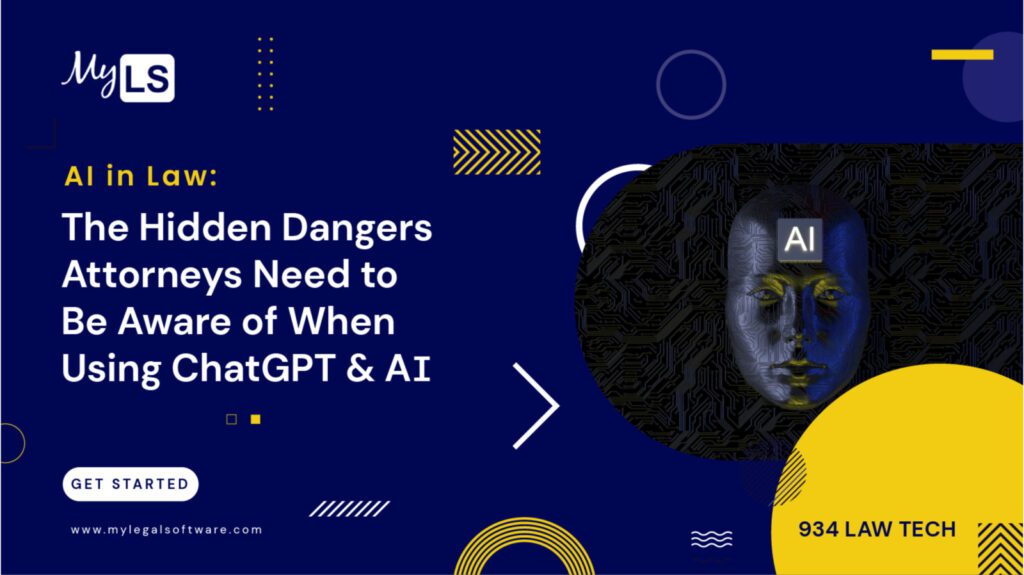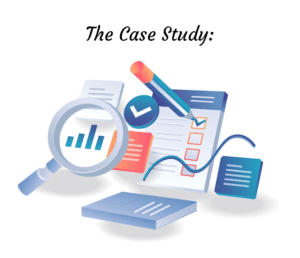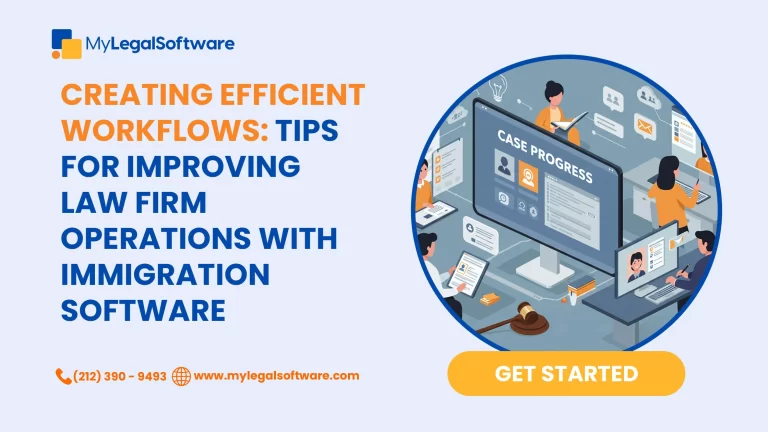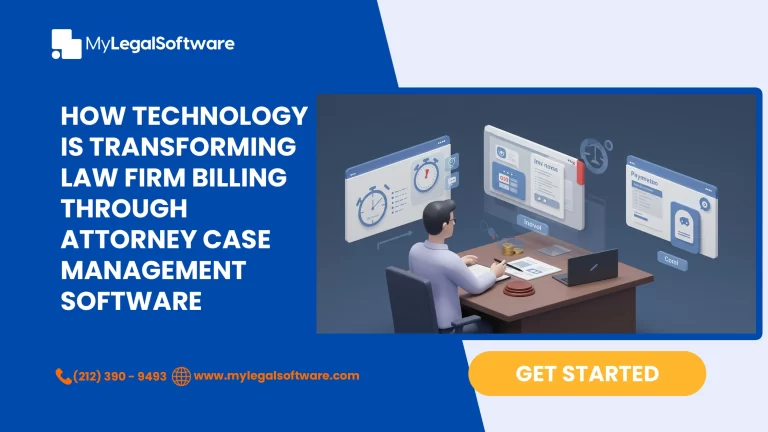Artificial Intelligence (AI) has become a game-changer in various industries, and the legal field is no exception. Moreover, Attorneys are increasingly turning to AI-powered tools like ChatGPT for case research, document analysis, and legal advice. While these technologies offer convenience and efficiency, it is crucial for attorneys to be aware of the hidden dangers of AI in law and their usage.
A notable case study involving a US lawyer who openly admitted to using AI for case research sheds light on the potential risks involved.
The Case Study:
In a groundbreaking revelation, a New York lawyer, Schwartz, is facing a court hearing of his own after his firm used AI tool ChatGPT for legal research. Also, This case study serves as an opportunity to examine the hidden dangers and ethical considerations that attorneys should consider when integrating AI into their practice.
Mr. Schwartz has vowed to never use AI to “supplement” his legal research in the future “without absolute verification of its authenticity”.
Ethical Considerations:
One of the primary concerns associated with AI usage in law is the ethical implications. Additionally, Attorneys must uphold their professional responsibilities, including maintaining client confidentiality and ensuring the privacy of sensitive legal information. Also, AI-powered tools that process vast amounts of data need to be meticulously scrutinized to prevent any unauthorized access or data breaches.
Reliability of AI-Generated Results:
AI algorithms, including ChatGPT, have limitations in their ability to produce accurate and reliable results consistently. Notwithstanding, Critical thinking and legal expertise play a crucial role in evaluating the validity and context of AI-generated outputs, ensuring the accuracy and reliability of the legal analysis.
ChatGPT creates original text on request, but comes with warnings it can “produce inaccurate information”.
Unforeseen Effects and Biased Outcomes:
AI technologies, if not properly calibrated and trained, can inadvertently produce biased outcomes. Attorneys must be aware of the potential biases inherent in AI algorithms, which can perpetuate discrimination or unfair treatment. Unconscious biases, if present in the training data, can manifest in the recommendations or legal advice provided by AI tools, leading to unintended consequences and legal complications.
Attorneys need to be cautious about blindly relying on AI-generated research without human verification.
Legal and Regulatory Challenges:
The adoption of AI in law raises significant legal and regulatory challenges. However, as AI continues to evolve, it is crucial for attorneys to stay informed about the existing laws and regulations governing its usage. Also, Legal professionals must advocate for transparent and accountable AI systems to ensure fairness, legality, and adherence to ethical standards.
Mitigating the Risks:
To navigate the hidden dangers associated with AI in law, attorneys can take proactive measures:
- Ethics and Guidelines: Develop comprehensive ethical guidelines for AI usage within the legal profession, ensuring compliance with legal and professional standards.
- Training and Education: Provide training and education to attorneys on the responsible use of AI technologies, including understanding their limitations and potential biases.
- Collaboration between Humans and AI: Emphasize the importance of human expertise in collaboration with AI tools. Also, Attorneys should leverage AI as an assistant rather than a replacement for their legal knowledge and critical thinking skills.
Conclusion:
The integration of AI, such as ChatGPT, in the legal profession brings undeniable benefits, but it also poses hidden dangers that attorneys must be aware of and address.
Additionally, The case study of the US lawyer openly admitting to using AI for case research serves as a wake-up call for legal professionals to critically evaluate the ethical considerations, reliability of results, biases, and legal challenges associated with AI in law.
To best embrace legal tech and navigate the potential dangers of AI, attorneys should leverage good legal case management software- MyLegalSoftware. Overall, This software solution offers comprehensive tools that streamline case management, document organization, and client communication. Schedule a free Demo now!











